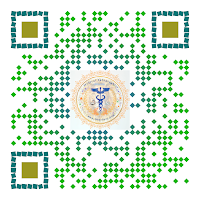Pemphigus
vulgaris (PV) is an autoimmune, intraepithelial, blistering disease affecting
the skin and mucous membranes. It is mediated by circulating autoantibodies against
keratinocyte cell surfaces. Exposure to certain medications like penicillamine
and captopril can trigger PV. Such a trigger can happen through the effects on
binding to molecules involved in cell adhesion, influence on enzymes that
mediate keratinocyte aggregation, and molecules involved in cell and by
stimulating neoantigen formation. In addition, NSAID’s, penicillin,
cephalosporins have been associated with drug-induced PV.
IgA
pemphigus does not present with oral mucosa blisters. Direct and indirect
immunofluorescence can both help to differentiate PV from IgA pemphigus.
Pemphigus
foliaceus does not affect the oral mucosa and is less common than PV.
Paraneoplastic
pemphigus presents with mucocutaneous vesicles and bullae and can be
differentiated from PV using indirect immunofluorescence and immunoblot.






